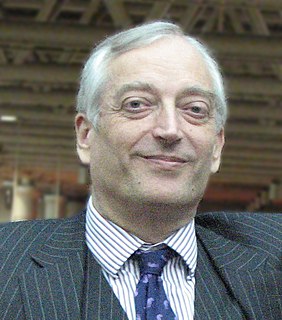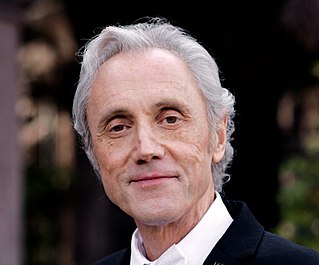A Quote by Dennis Prager
All of creation, in the biblical view, was to ultimately prepare the way for the creation of man. But one does not need the Bible alone to hold this view. A purely scientific reading of the universe is in keeping with this view. Everything - every natural and physical law - is exquisitely tuned to produce life, and ultimately man, on earth.
Related Quotes
In the biblical worldview, the purpose of all creation is to benefit man. This anthropocentric view of nature, and indeed of the whole universe, is completely at odds with the current secular idealization of nature. This secular view posits that nature has its own intrinsic meaning and purpose, independent of man.
Since natural law was thought to be accessible to the ordinary man, the theory invited each juror to inquire for himself whether a particular rule of law was consonant with principles of higher law. This view is reflected in John Adams' statement that it would be an 'absurdity' for jurors to be required to accept the judge's view of the law, 'against their own opinion, judgment, and conscience.'
[Having] appropriated to itself all conscious intelligence in the universe ...Man faces the existential crisis of being a solitary and mortal conscious ego thrown into an ultimately meaningless and unknowable universe ...and the psychological and biological crisis of living in a world that has come to be shaped in such a way that it precisely matches his world view-i.e., in a man-made environment that is increasingly mechanistic, atomized, soulless, and self-destructive.
When we talk about the environment, about creation, my thoughts turn to the first pages of the Bible, the Book of Genesis, which states that God placed man and woman on earth to cultivate and care for it. And the question comes to my mind: What does cultivating and caring for the earth mean? Are we truly cultivating and caring for creation? Or are we exploiting and neglecting it?
































